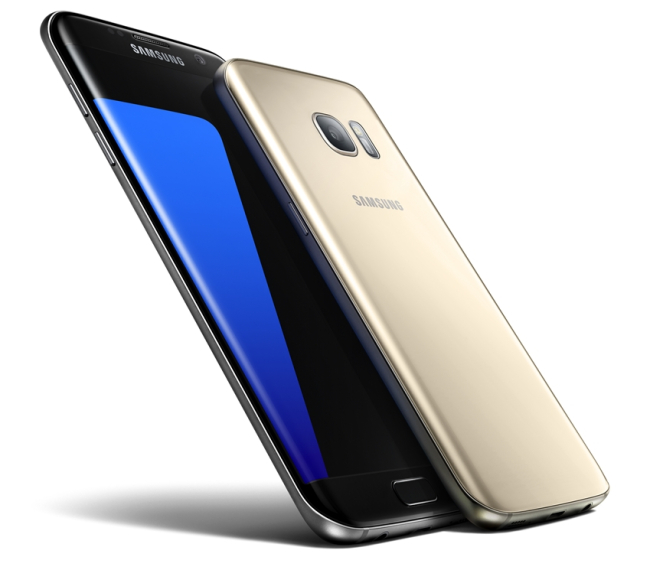앞서 일부 언론에서는 4월 18일 출시설을 보도하기도 했는데 삼성은 S8 관련해서는 일절 확인해줄 수 없다는 입장이다.
삼성은 출시 한달 전인 3월부터 본격적으로 S8을 생산할 예정이다. 초도물량은 3월과 4월 각 5백만대다.
일부 협력사들은 작년말부터 테스트용 부품공급을 시작한 상태. 최종 테스트는 이달까지 마무리될 것으로 보인다.
지난 3분기 노트7 리콜로 30% 급감했던 삼성의 영업이익은 4분기 반등에 성공해 9조 2천억원을 기록할 것으로 예상된다. 다만 상승분 대부분이 메모리칩 가격 상승효과로 인한 것이라 모바일업부는 S8 출시 준비에 박차를 가하고 있다.
<영어원문기사>
[GALAXY S8] Samsung to release small batch of Galaxy S8 in Feb., March
[THE INVESTOR] Tech giant Samsung Electronics is expected to showcase a small number of Galaxy S8 handsets in February or March, ahead of the official release date of mid-April, according to industry sources on Jan. 9.
“There is a possibility of the S8 phones being showcased a month or two ahead of the actual release date,” one source told The Investor on the condition of anonymity.
Mass production is expected to begin in March, when Samsung will most likely roll out 5 million units of the S8 each month.
For the year, Samsung is looking at a 60-million shipment goal, local suppliers told The Investor.
The shipment goal for the S8 is much higher than the number of cumulative shipments of the firm’s flagship models over the past three years: S5 (45 million), S6 (45 million) and S7 (48 million). The Galaxy S4, released in 2013, shipped a record 70 million, while the S3 marked 65 million.
“As the release date of the S8 has been postponed to mid-April, Samsung seems to have set a more ambitious goal than before to make up for the loss caused by the Note model, which has so far led Samsung’s smartphone business every first quarter,” another industry source said.
Mass production of the S8 will start in March after Samsung receives electronic parts in February from its main vendors, including camera iris scanner module maker Partron and camera lens firm Sekonix.
Wireless module maker Samsung Electro-Mechanics and Amotech are expected to supply radio frequency modules, which are used for near-field communication systems, in March, while secondary vendors such as Hansol Technics will likely start offering parts from April.
Market watchers said it is still uncertain whether the Korean smartphone giant can make a strong comeback with the S8 after the Note 7 debacle due to increasing challenges posed by runner-ups such as Huawei of China.
Some market analysts cast doubts on Samsung’s S8 shipment target for the S8 as the premium smartphone market is quite saturated with Chinese firms posing a serious threat.
So far Samsung has proved its resilience by posting strong earnings in the fourth quarter. Its operating profit, which dropped 29.63 percent on-year to 5.2 trillion won (US$4.36 billion) in the third quarter last year due to the ceased sales of the incendiary Note 7, rose 76.92 percent from the preceding quarter.
The improved fourth-quarter profit was attributable to Samsung’s marketing drive to sell the S7 and its Edge variant to make up for the loss of the Note 7 during the period and the robust sales performance of memory chips.
Global smartphone demand, however, appears to be dwindling.
According to a recent report by market research firm IDC, the global smartphone market grew only 1.6 percent in 2016 with the number of smartphone shipments standing at 1.46 billion while it is forecast to grow at around 4 percent this year. The projected growth figure for 2017 is much lower than the double-digit rate in the early years of the smartphone era.
By Kim Young-won (
wone0102@heraldcorp.com)
THE INVESTOR 







![[Today’s K-pop] Blackpink’s Jennie, Lisa invited to Coachella as solo acts](http://res.heraldm.com/phpwas/restmb_idxmake.php?idx=644&simg=/content/image/2024/11/21/20241121050099_0.jpg)